Ultimate Guide to Plastic-Free Washing Up
Washing up is a dreaded household chore, there’s no question about it. And for generations we as a society have thought that the damage caused by washing up was limited to a bit of boredom after dinner!
But that’s where we were wrong…
Washing up is actually incredibly wasteful. Washing up uses a lot of water and the washing up utensils and liquid that you use whilst washing up contains a whole host of chemicals, plastics and non-recyclable materials.
But here’s the thing.
We all need clean bowls and plates… There’s no way around it, so what’s the answer? Does a dishwasher use more water? How can I wash up sustainably without a dishwasher? How much water does washing up waste?
We’re going to give you a run-down of exactly how much water is wasted washing up, we’ll tell you if a dishwasher is more water efficient than washing up by hand and for those of you without access to a dishwasher, we’ll show you how to wash up sustainably using a bit of water, some dish soap and a set of bamboo dish brushes!
How much water do I waste washing up?
Before we get into the nitty-gritty of whether you should use a dishwasher, hand wash and everything else in between, it may be useful to actually know how much water you waste right?
Well, estimates range from 115 gallons/per day to 1,800 gallons/per day when you consider the water used to grow the food that you eat and make the clothes that you buy.
Shocking, right?
If you want to know how much water your family wastes. There’s a free website that calculates it for you based on a series of questions. It’s mainly used by US citizens, so the projections may be a little bit off for Europeans and people elsewhere, but you can at least get an estimate. You can find the water calculator here.
Anyone who actually completes the water calculator will notice a few striking issues. The first is that eating meat drives up the amount of water you use substantially. The second is that owning a pet does the exact same!
Does this mean we should all quit meat and get rid of our cats and dogs?
Well, that’s up to you. There’s definitely a lot of ways to reduce your water waste by changing your diet and shopping habits, but that’s an article for another day!
How much water does a dishwasher use?
Let’s cut to the chase.
If you’re reading this and you happen to run a family household with 4 or more people, then a dishwasher is likely much more water efficient than hand washing for you. (And probably more time efficient too). It's also perfect if you're planning a sustainable party.
Over the course of the last 20 years, dishwashers have become much more energy efficient and they have gradually become more water efficient too.
When buying a dishwasher, it’s also very easy to assess the energy usage levels as it’s now required by law in most countries to provide the consumer with this information.
It’s been said that hand washing your dishes can use up to 20 gallons of water! How much water does a dishwasher use? A typical energy efficient dishwasher uses around 4 gallons per load.
Over time, that’s a huge difference!
Some key things to remember when using a dishwasher are that it doesn’t just use water. Dishwashers use electricity too, so just remember to only turn on your dishwasher when it’s fully loaded so that you're getting the most bang for your buck! (And saving the most water too).
Another big thing to remember when operating a dishwasher is that you need to clean it regularly and check for any clogs caused by food waste! Doing this helps your dishwasher to run efficiently and effectively and reduces the amount of water that you use!
Here is a great article that gives a rundown on how to maintain your dishwasher.
For those of you that are more visual. Here’s a Youtube video.
If you want an energy efficient, reliable dishwasher right now, but you don’t want to do the research. Lucky you! Jungle Culture has already researched the most energy efficient dishwasher in the UK for you and you can find it right here.
Note that this dishwasher is the most energy efficient at what we feel is an affordable price with a good track record of reliability!
Where to find eco-friendly dishwasher tablets?
To run a dishwasher you need tablets which help wash old food stains off of your beloved plates and bowls. But many traditional dishwasher tablets are made using chemicals, contain microplastics and are wrapped in plastic!
This article answers 16 common questions about dishwasher tablets and explains why they are not environmentally-friendly!
Luckily, there are an abundance of companies that are making natural dishwasher tablets that really work! Just one example is Homethings, who are making dishwasher tablets that are not only eco-friendly, but they actually work too!
Although one thing we would add is that their tagline is "dishes so clean, you can eat off of them".... I'm going to rate that piece of marketing as questionable, at best.
You can find them here.

Is washing up by hand eco-friendly?
As we’ve already established, washing up by hand generally uses more water than an energy efficient dishwasher. However, using a dishwasher is more water efficient than washing up by hand, but that doesn’t mean it’s right for everybody!
When is a dishwasher not the most water efficient option?
- If you don’t have enough dishes to fully load your dishwasher. I.e. if you’re a single person and just have a few basic pieces of tableware.
- If you can’t fully load the dishwasher. Sometimes you might just be having a quick bite before a trip and you don’t want a few plates to fester… It may be easier to wash them by hand!
- If what you’re washing is not dishwasher safe. Dishwashers use incredible amounts of heat that usually mean wooden products and expensive glassware should be hand washed only. Our coconut husk bowls and bamboo bowls are both hand washed only, although our bamboo straws and reusable utensil sets can be put in the dishwasher (although over time it will degrade them).
- If you just don’t have space! Lots of homes aren’t big enough to fit a fridge, freezer, washing machine and a dishwasher!
- If you’re washing pots and pans that are too big for the dishwasher. Dishwashers aren’t gigantic machines, they’re made to be compact and some large cooking tools such as woks and baking trays just won’t fit in a standard sized dishwasher!
- If you’re washing something that is so dirty it needs to soak. Grease can bake on over time and the best way to get rid of it is a good ol’ fashioned soak. That’s something that dishwashers can’t do.
How to wash up eco-friendly
So, we’ve established that in certain situations it is necessary to hand wash our tableware. It may waste a bit more water, but follow the guidelines below and you can reduce the environmental impact created when scrubbing your dirty dishes!
The three biggest causes of waste when washing up are:
- Water waste
- Chemical waste (from washing up liquids)
- Plastic waste (from sponges, plastic dish brushes etc.)
So, let’s tackle them one-by-one:
How to reduce water waste when washing up:
Our biggest water-saving tip is to use a washing up bowl or tub. Don’t wash your dishes under running water as this can be incredibly wasteful.
Instead, fill up a tub with hot water and dish soap and wash your plates using the water inside.
If you have a two part sink then use the second part of the sink to rinse dishes with cold water.
To reduce your water usage even further, use a sponge or a natural loofah to soak up water and clean multiple dishes.
Here’s a little video showing how to wash up with less water: Video here

How to reduce chemical waste when washing up:
Are washing up liquids eco-friendly? Well, that depends on what your expectations are!
Conventional dish soap and washing up liquids have ingredients that are derived from crude oil. Although most dish soaps are biodegradable, they are usually packaged in a throwaway plastic bottle and most companies do not offer refill schemes.
This means that every time you wash up using a conventional washing up liquid, you’re using a finite resource (crude oil), which by definition is not sustainable. Washing up liquids are also heavily processed and although there are not accurate figures showing the impact that their supply chains have on the environment, we’re guessing it’s not great!
Luckily, the zero waste movement has pushed eco-friendly washing up liquids and dish soaps to our shelves and there are a ton of great options for people looking for an eco-friendly alternative to dish soap.
Here are just a few companies making incredible, effective washing up liquids and dish soaps sustainably:
-Ecover
-Bower
-Waitrose
At Jungle Culture, we get our refills from Bower and they work great, but we’ve heard good things about the other companies too!
We have also made this handy little article which includes some recipes for making washing up liquid at home.
How to reduce plastic waste washing up
Finally, we move on to plastic waste!
Typically, dish washers might use sponges, plastic washing up brushes or brillo pads to wash their pots, pans and dishes!
But what is a sponge? What is a brillo pad? What are conventional washing up supplies made of?
Well, sponges are normally made of a natural substance called cellulose. However, the abrasive side of the sponge is made from a synthetic material such as polyester, polyurethane.
Brillo pads are a trade name for a scouring pad and they’re normally made from a combination of steel and wool. They’re hard to recycle and industrially made.
How do I wash up eco friendly? The answer is that you should consider a natural alternative to washing up brushes.
Jungle Culture produces a 6-piece dish brush set that includes absolutely everything that you need to wash up without plastic. Different strength brushes mean that cleaning delicate glassware or stubborn pots is easy.
All of our eco-friendly washing up brushes are made from natural bamboo, coconut fibres and sisal fibres! You can store them in a simple pot behind your sink or store our scrubber brushes on one of our eco soap dishes for quick access!

How to wash up eco-friendly step-by-step:
So, we’ve gone through how to wash up without chemicals, how to wash up with less water and how to wash up plastic-free, but there was a lot of background information there and not everybody wants to read our essays! So here is a quick step-by-step list that will get you washing up sustainably quicker than you can read one of our blogs!
- If you’re a family, buy an energy efficient dishwasher and eco-friendly dishwasher tablets.
- Buy a set of eco-friendly dish brushes (from us preferably)
- Subscribe to a washing up soap refill scheme or buy a block of dish soap
- When you wash up by hand, use a tub to collect water and never wash up under a running tap.
- Fit your kitchen sink with a water efficient tap and water efficient plumbing systems. Obviously, this is a big expense, so it won't be something you can change day-to-day.
Final Thoughts
In the push to becoming sustainable, we at Jungle Culture truly believe that one of the easiest household changes you can make is washing up.
It’s a chore that most people do at least once a day and making changes to your dish washing routine can and will have a huge impact on the amount of waste and water that you create as a household!
It really is simple to make these changes and not only is it simple, it’s cheap and using premium natural alternatives normally makes it a bit more fun too!
We would like to think that we’ve covered absolutely everything in this article, but if you have any more washing up tips or you think we’ve missed something, comment below and let us know what you think we can add to improve the article!
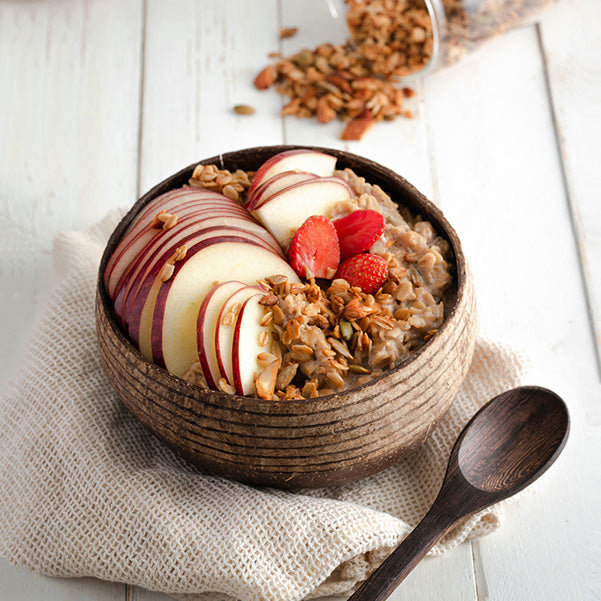
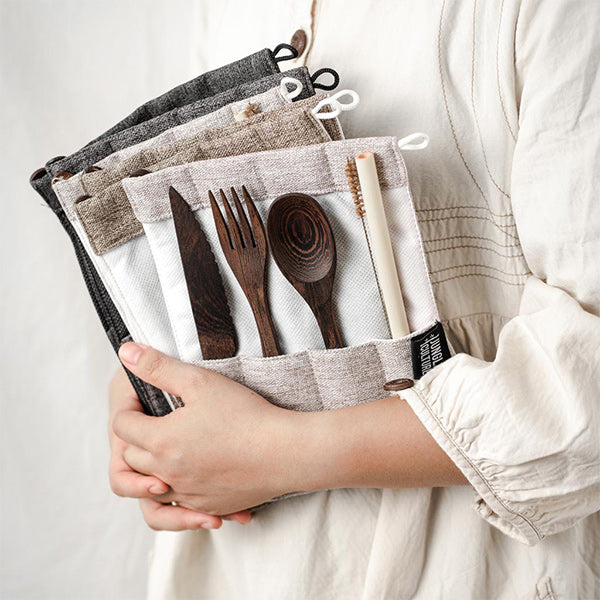
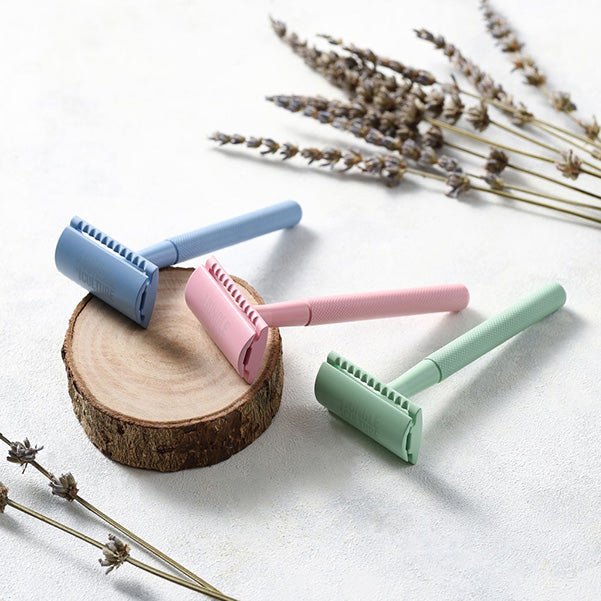
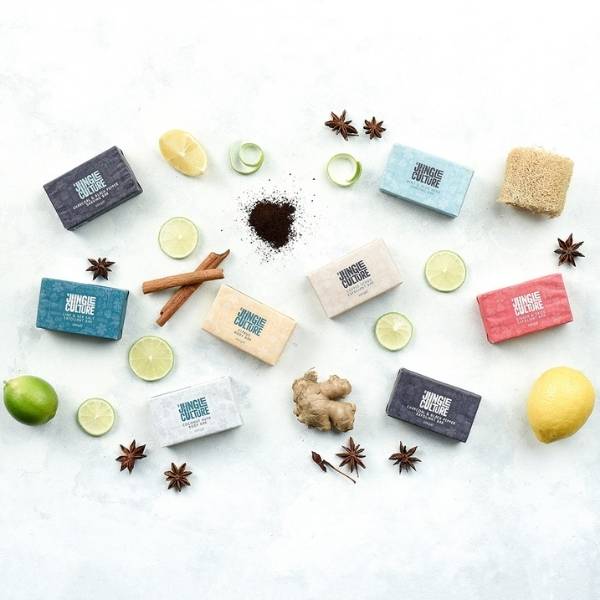
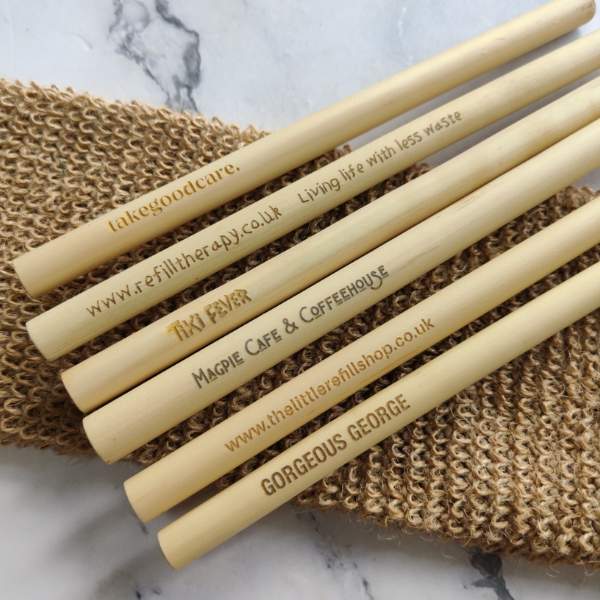


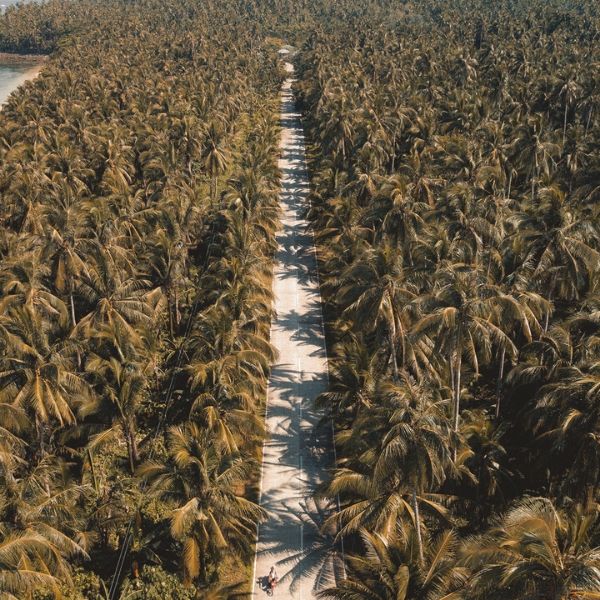
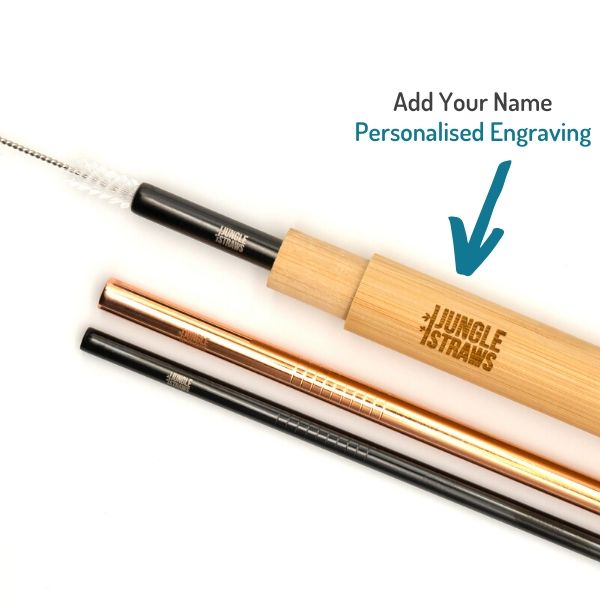




Leave a comment (all fields required)